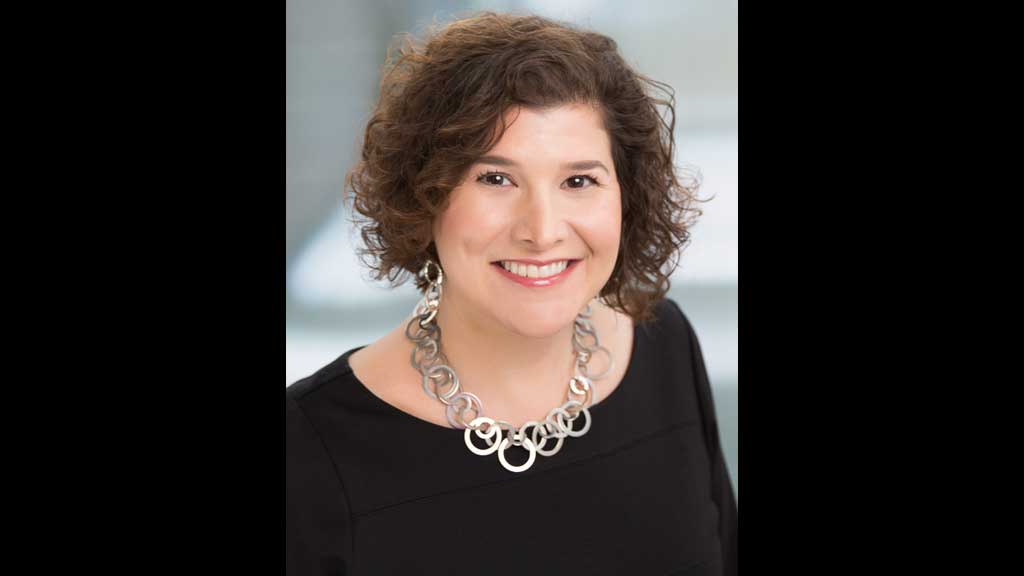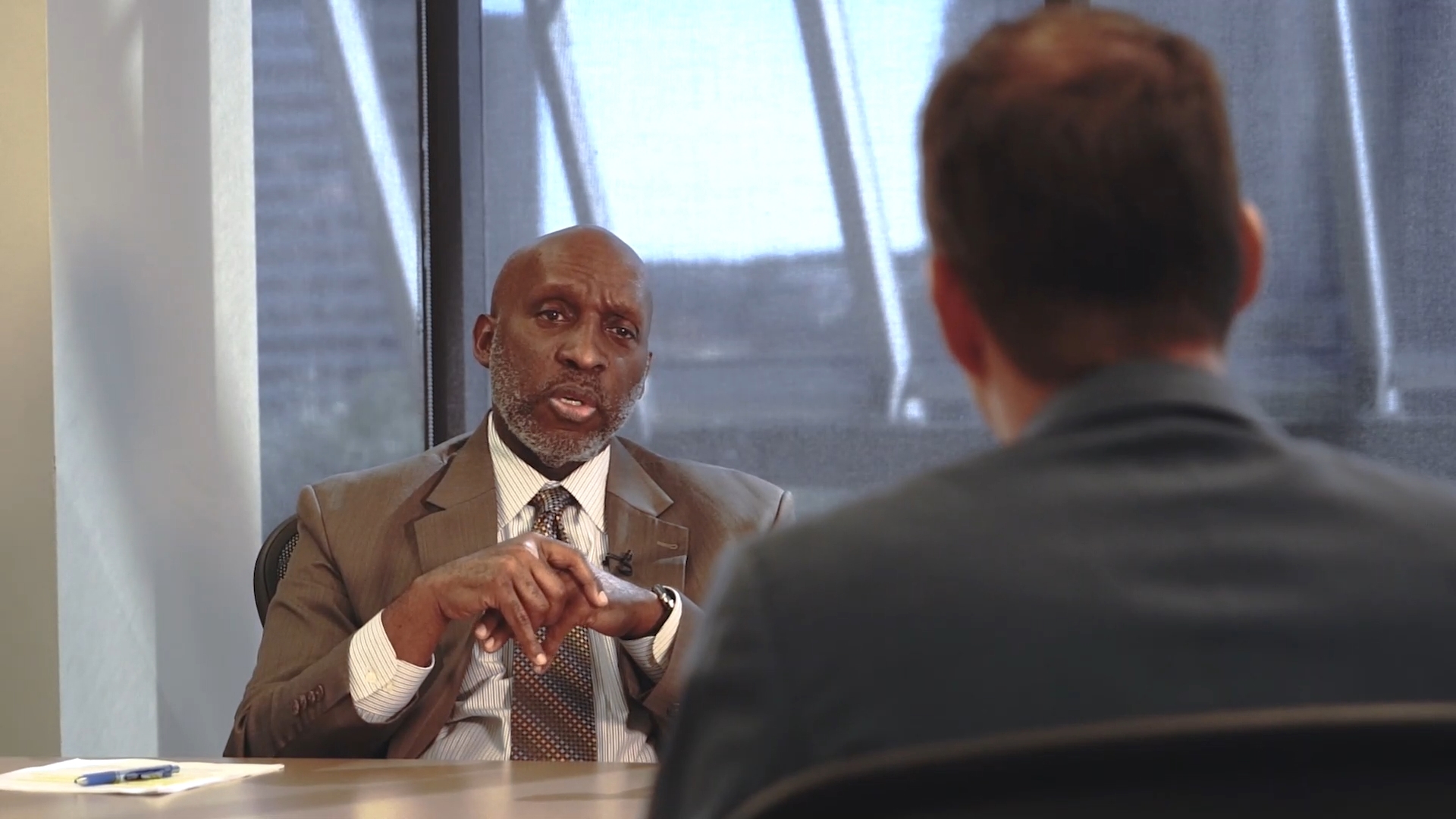Though she’s not a native Texan, Alison Alter will tell you she came to the Lone Star State as fast as she could.
“I grew up in the Chicago area and have gone to school out on the west coast,” said Alter.
She graduated with a Bachelors of Arts in Public Policy at Stanford University and went on to earn her PhD in Political Economy & Government from Harvard University.
Five years ago, she moved to Austin.
“I'm a philanthropic adviser by profession, so I have my own small business working with donors.”
Now, Alter is vying to trade in her life as an entrepreneur to serve on the Austin City Council. She admits, her decision to run for the District 10 seat, representing Central and West Austin, is not one she came to completely on her own.
“I was recruited to run by a number of District 10 members who were very upset with the current council member's role,” Alter said.
She said she also had some concerns of her own.
“I believe that our city government should be solving problems and creating an environment in which everyone can thrive. I've been very worried over the last few years as I've seen the sausage get made at City Hall about the role of special interests in writing the rules, dictating the agendas and tying our city in knots.”
Alter said when other residents approached her, they were especially concerned about how Council Member Sheri Gallo was handling new growth and development in the district.
“Particularly with respect to certain developments that are happening in our district. And I am running because I didn't like the way that the developers and the commercial interests were getting to have nine out of ten seats at the table when we were talking about these gigantic developments that are going to have real impacts on our neighborhoods.”
Alter said there are several developments being proposed within the district. One of the most talked about is The Grove which is proposed for 75 acres at 45th Street and Bull Creek Road.
“The Grove is just one example of how this is playing out in our district as we're talking about how we manage growth. So my stand on The Grove is that we had a neighborhood that was very proactive in going out and putting together a design for the kind of development that would be acceptable and that they would welcome and this was available to the developers before they bid on the project, to everyone who bid. And everyone else who bid many million dollars less than the winning bid, because they understood that this would be something that they could do, what the Bull Creek Road Coalition wanted, they could go ahead and do that, and move through the process smoothly. ARG Milestone did not choose to go that route and they took a business risk and now we're seeing how that plays out.”
The Grove has been waiting approval of its request to the city council to become a Planned Unit Development for well over a year, partly due to a lack of support from the community and some citizen commissions and boards.
Alter believes she is the best candidate to represent the people of District 10 because she thinks she is the best person to fight for their interests.
“I'm someone who's going to be in there fighting for you, fighting for the families, fighting for the neighbors, fighting for the environment. My academic background and my work experience allows me to connect the dots, to connect how we understand our policy to the things you most care about. I'm not beholden to special interests, my sole goal is to represent my district and the City of Austin.”
ON THE ISSUES
Q: Are you for or against Proposition 1, Austin’s Mobility Bond, and why?
“I'm for the transportation bond. Austin has $9.5 billion of identified transportation infrastructure needs, we have not been investing for decades, and we're feeling the pain that comes with not investing. I do not believe the transportation bond is perfect, it is not a magic bullet and we are going to have to spend more but it does address the congestion, it does address the mobility issues through its three prong approach in the logical place to get started and get moving. We are going to have to do more. We're not going to be able to build ourselves out of this transportation mess with one bond.”
Q: What action do you believe the city needs to take to address traffic congestion?
“With transportation, as we build out our plans in Imagine Austin and we create these growth centers in different parts of the city so that people don't have to travel so far to work, that will help. I think that the congestion relief that will come with the transportation bond will demonstrate that those investments matter. We're going to have to keep making investments, it's not something that we're going to magically fix overnight. We've taken decades to get into this mess and it's going to take time and it's going to take investments to move forward. One of the things that's important to me though as a council member is we're going to have to have very clear oversight of the bond process and how it plays out to make sure that effective choices are made and make sure that the contracts are effective.
Another piece that I really like about the bond...one of the things that happens is the city is part of a larger national and state system and there are funds that are available on those levels and you have to be able to have funds allocated at the city level and ready to go to leverage those funds. Other cities in Texas have been in the position to do that and they’ve won those contracts and those opportunities over Austin in the past because we weren’t ready.”
Q: How can the city increase affordability related to the cost of houses in Austin?
“So for one thing we have developments around the city, say at Mueller, at Crestview where they have entitlements to build more housing and they're not building it just yet. Developers have their own economics that is important to their business and is understandable. And they don't flood the market, they don't saturate the market where they can get good profits right now. And that's part of what we're seeing. So we have developments that have entitlements and they're not building. What they’re being asked to do is develop in other areas and increase the supply in a way that’s going to make it less affordable for those people who are already living there as well. So there’s a lot of moving pieces when we talk about affordability.
There's a couple of different parts of the affordability problem that we might want to fix. One area that I’m particularly concerned about is the low income affordability question. I would like to see a linkage fee on new residential and commerical development so if you impose a linkage fee of about two dollars per square foot, you can raise $50 to $60 million a year that could be invested in affordable housing for low income people that would last in perpetuity. We could do this on public land we could do this in other ways but that’s going to do a lot more to solve the problem for low income people.
One of the things that we have to keep in mind is that the policies that we chose have to be such that they don't eliminate existing affordable housing. That's a real question, that's a debate that we're having in the discussions over the transportation bond, which I do support, but we have to be very careful that we're not just creating incentives for people to build housing for the wealthy. That's not going to solve our affordability problem.”
Q: The Martin Prosperity Institute found Austin is the “most economically segregated major metro area in the U.S.,” how do you propose Austin address this?
“It's too easy to live in our district, in West Austin and if you’re not careful you may have no idea that we’re really living in a city with two Austins in terms of economics. One of the key ways that I think we address this is firstly through education and investing in our children and making sure that every child in this city has access to a good education. And to do that we are going to have to advocate at the state level to reform the state education, what’s called the Robin Hood system, so that we get our tax dollars to stay in Austin. Right now we are sending $400 million of our property taxes to fund education in other parts of the state. That's money that could be used to help children right here in Austin and it also could be used for tax relief which would help on the affordability issue. And we have an opening right now because other cities are finally getting struck with the Robin Hood system recapture and so there's a new political environment which if we can take advantage of it, we have an opportunity to change that system and invest in our children.”
Q: What do you believe is the biggest need of the residents in District 10?
“I think that the biggest issue for District 10 is really this question of how we're going to manage our growth and where and how we're going to grow and who benefits from that prosperity and who gets to sit at the table. And I believe that we need to have the neighbors as part of this discussion and that the city has to stop acting like it's a cheap date…and stop negotiating with its hands tied behind its back. This is Austin and we should act like we're the big city that we are and we should work with the developers to make them accountable for the cost of growth rather than the taxpayers.”
Q: On a lighter note, Austinites like to believe we live in the “Live Music Capitol of the World,” so tell us, what’s your favorite song?
"Free Falling" by Tom Petty
ENDORSEMENTS
Alison Alter has received endorsements from the following organizations:
- Austin Area Sierra Club
- Austin Central Labor Council
- Austin Chronicle
- Austin Environmental Democrats
- Austin Neighborhoods Council
- Austin Progressive Coalition
- Austin Tejano Democrats
- Austin Young Democrats
- Bike Austin
- Black Austin Democrats
- Capital Area Progressive Democrats
- Central Austin Democrats
- Clean Water Action
- Liberal Austin Democrats
- North by North West Democrats
- Stonewall Democrats of Austin
- Travis County Democratic Party
- University Democrats
- West Austin Democrats
- Workers Defense Action Fund
To Read More About Alison Alter, click here.


